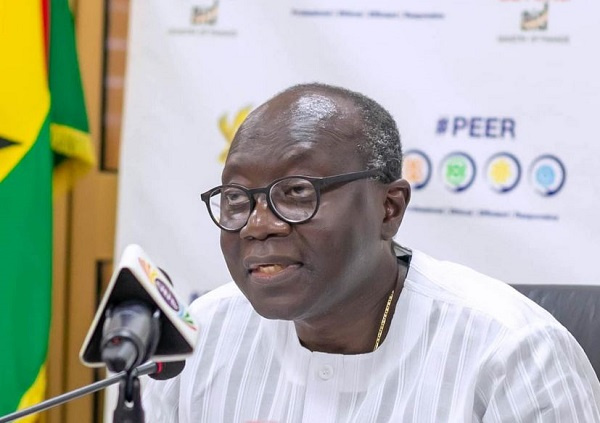Interest rates on the short-term Treasury market are beginning to tickle up again after falling to around 19 per cent.
Results of a tender held on August 11 for government securities issued yesterday (August 14) indicated that interest on the 91-day treasury bill has increased to 26%, with that of the 182-day bill also increasing to 27.56%.
The interest on the 364-day bill is now pegged at 30.6%.
Interest rates on government short-term securities reached alarming rates in December 2022, with the 91-day rates hitting 35%.
Following the Domestic Debt Exchange Programme (DDEP) and the approval of the country’s US$3 billion extended credit facility programme with the International Monetary Fund (IMF), the interest rates started dropping, with the rates for the 91-day dropping to 19%.
However, it appears the rates have started rising again, increasing to 20%, 22%, 24% and now 26%.
This poses significant threats to the government’s debt restructuring efforts, with financial analysts and experts earlier in the year warning that the government’s continuous reliance on the treasury bill market to raise short-term money to finance its operations could defeat the purpose of the debt restructuring programme.
Currently, the international capital market is closed to the country and post-DDEP, the bond market has also been dormant, with little or no trades happening on the market.
This, therefore, leaves the country with no other option than to rely on the treasury bill market to raise short-term money to finance its expenditure.
The Ministry of Finance has indicated that the government intends to raise an amount of GH¢38.9 billion between July and September 2023 from the T-bill market.
The issuance calendar noted that due to the ongoing DDEP, the government’s financing from the domestic market will be the issuance of only treasury bills.
The International Monetary Fund (IMF) in its report on Ghana’s three-year Extended Credit Facility (ECF) programme noted that the country’s debt restructuring plans still leave a substantial need for T-bill issuance in the near term.
The fund said this exposes the country to uncertainty in domestic market conditions, though the programme implementation and outreach may help mitigate financing risks.
At his last media briefing on the economy, the Minister of Finance, Ken Ofori Atta, admitted that the high T-bill rates were a threat to the debt restructuring programme.
He said the government was finding a way to reduce the rate, noting that this may take time.
“As our revenue base gets stronger, we should be able to reject prices that do not fit the goal. However, it will take a while to gradually bring it to lower levels,” he stated.
Reliance on T-bill market
In an earlier interview with the Graphic Business, Economist and Research Lead at GCB Capital, Courage Boti, said the reliance on the T-bill market impedes the government’s agenda to prolong the yield curve and bring down borrowing costs.
He noted that since DDEP, the local bonds market had not been the same; it has been dormant.
He said the only certainty was that T-bills were excluded and that is why there are still lots of transactions ongoing.
“As things stand now, the bond market even after DDEP hasn’t corrected. If bonds are 10 per cent maximum and you have T-bills at 20 per cent for the 91-day, then there is no incentive to trade bonds,” he stated.
He said if other financing options do not come in quickly, this would derail the government’s debt restructuring efforts.
Mr Boti noted that, with the IMF programme and the potential of unlocking other financings from development partners, it looks like, in the coming months, the country could reduce the dependence on the T-bill market when those funds begin to trickle in.
The World Bank has already pledged US$1.6 billion to the country over a three-year period, with the African Development Bank also expected to follow suit.
The Finance Minister has indicated that funds from the World Bank would come in by September this year.
Debt restructuring
The first round of the DDEP saw the government swap a total of GH¢82 billion of old bonds for 12 new ones at a reduced coupon rate and longer tenors.
The second round includes plans to restructure cocoa bills of about GH¢7.93 billion and local dollar-denominated bonds of US$809 million.
The Creditor Committee co-chaired by China and France has also been formed to begin restructuring the country’s US$5.4 billion debt to bilateral partners.
The government has also, since December 2022, been engaging with its commercial creditors to restructure debts totalling US$14 billion, with the Finance Minister recently indicating that these negotiations would be concluded by the end of the year.
The government is also in discussions with Independent Power Producers (IPPs) to restructure debts of about US$1.4 billion.
The debt restructuring, which is a key part of the IMF programme, is aimed at bringing the country’s debt to sustainable levels by 2028.
The country’s total public debt as of June 2023 stood at GH¢575.5 billion.



